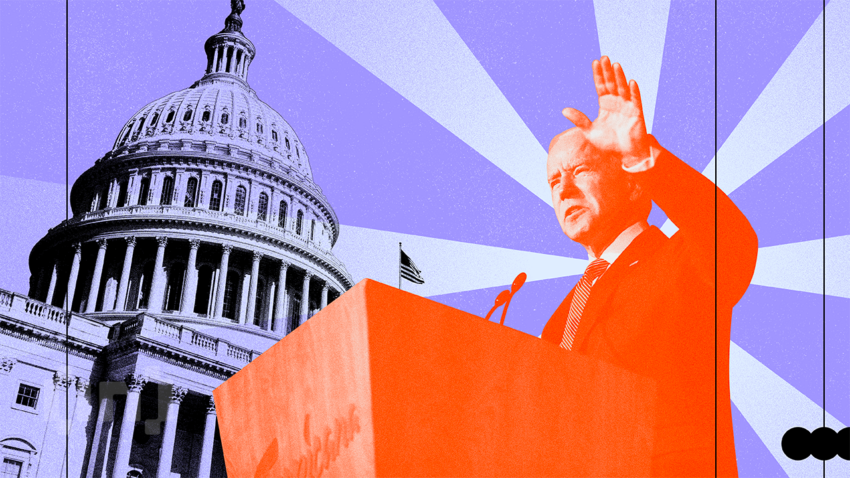President Biden’s White House has announced another raft of measures to show his administration is on top of the issue of Artificial Intelligence (AI). The technology has become the dominant talking point of the industry since it exploded in popularity last year.
On Thursday, the Biden administration announced new measures to promote responsible innovation in AI. The President and Vice President, Kamala Harris, will also meet with the CEOs of Alphabet, Anthropic, Microsoft, and OpenAI.
Biden Wants to Look Busy on AI
The US National Science Foundation has allocated $140 million for seven new National AI Research Institutes, making a total of 25, as reported Thursday in The Verge. The institutes will collaborate with various entities to develop AI that is responsible and serves the public good.
The administration also plans to obtain assessments of current AI systems and to release draft policy guidance on AI use by federal agencies this summer.
The announcement is part of a larger effort by the Biden administration to address concerns regarding the potential dangers of AI. The technology has caused alarm among some in the public and media due to its rapid growth and widespread use since last year.
Last month, in a press briefing, Biden warned about the pitfalls of artificial intelligence. While it may bring some benefits in a few areas, the dangers of an ever-increasing intelligence not necessarily aligned with the nation’s interests are stark.
“AI can help deal with some very difficult challenges like disease and climate change, but we also have to address the potential risks to our society, to our economy, to our national security,” Biden said.
“Tech companies have a responsibility, in my view, to make sure their products are safe before making them public.”
In February, Biden signed an Executive Order aimed at excising traces of bias and algorithmic discrimination in AI.
Last October, the White House issued a blueprint for a so-called “AI Bill of Rights.” The blueprint identified five principles that should guide the design, use, and deployment of automated systems to protect the American public.
Among these are safe and effective systems, algorithmic discrimination protections, data privacy, transparency and explainability, and accountability for decisions that automated systems make.
Growing Alarm Over AI
Other notable figures have expressed concern about the risk AI poses to society and the economy. This week, Geoffrey Hinton, widely known as the “godfather of AI,” left his longstanding position at Google after expressing concern about the fast pace of the technology.
This week, Hinton, 75, told MIT Technology Review that he had “suddenly switched my views on whether these things are going to be more intelligent than us.”
“I think they’re very close to it now, and they will be much more intelligent than us in the future… How do we survive that?”
Disclaimer
In adherence to the Trust Project guidelines, BeInCrypto is committed to unbiased, transparent reporting. This news article aims to provide accurate, timely information. However, readers are advised to verify facts independently and consult with a professional before making any decisions based on this content. Please note that our Terms and Conditions, Privacy Policy, and Disclaimers have been updated.


